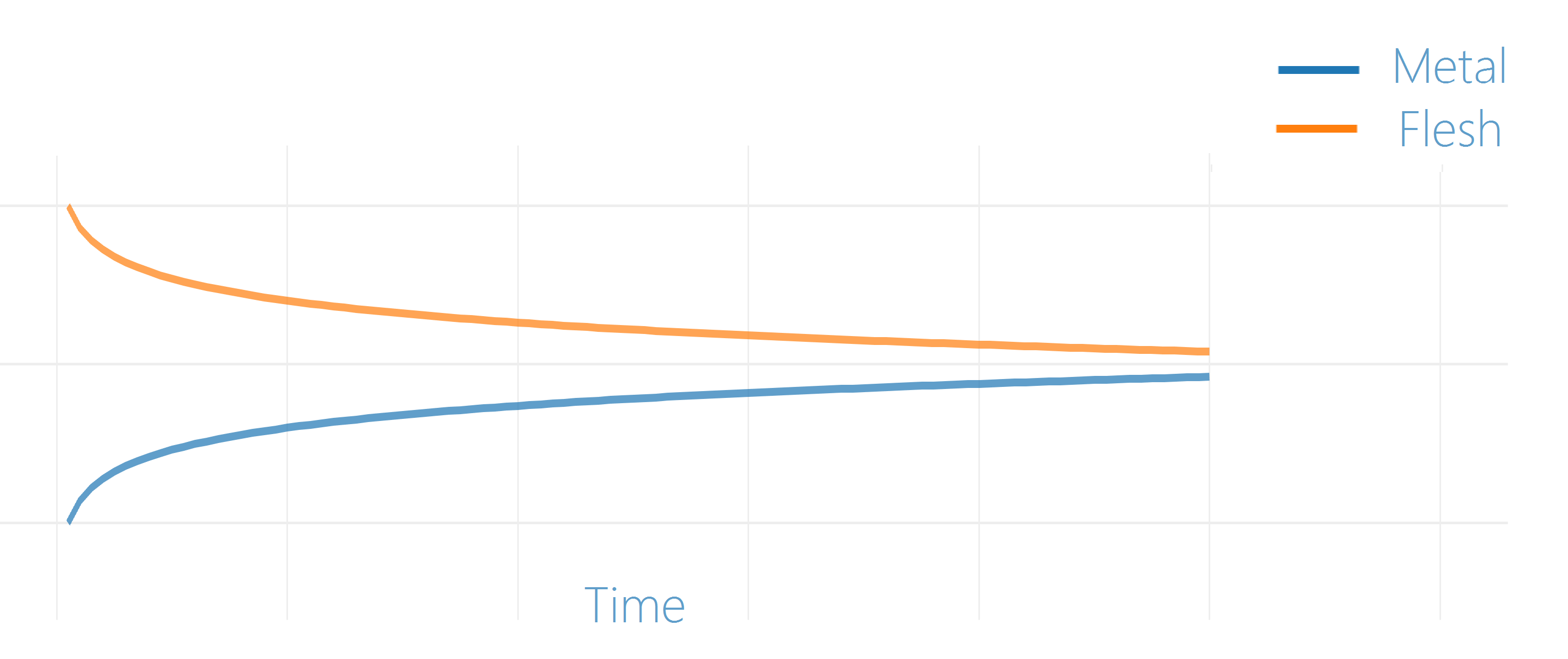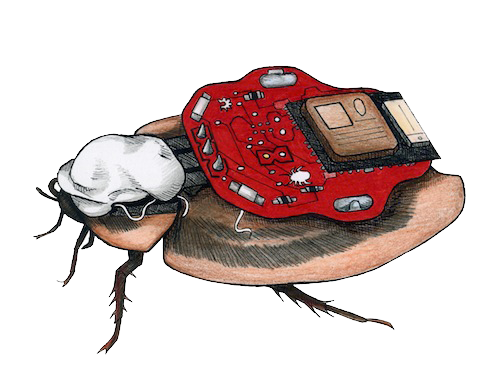It isn't long before we get to see another installment of one of the classic cyborg movies. The Terminator (1984) inspired many AI junkies of our times (at least the people I know), specially because of sequels surviving till the 2000s.
In the movie, a badass AI machine dubbed Skynet takes on humans after it gains control over the technologies powering the world, including military and communication systems. One of the hobbies of Skynet seemed to make Cyborgs and send it back in time to kill the human leader who will lead the war against machines.
So, does 'inspired by Skynet' or even a similar human sound okay?
From Smithsonian Mag
In 1914, H.G. Wells published a novel, The World Set Free, imagining the emergence of "artificial" atomic energy by 1933, followed by a devastating world war and the eventual emergence of a peaceful global government. Physicist Leo Szilard read the book in 1932, which inspired him to solve the problem of creating a nuclear chain reaction in 1933. The same book would inspire Szilard to campaign for arms control and the peaceful, international use of nuclear power after World War II.
Inspiration is not a positive word in science, neither is it negative, it is neutral and like all other neutral words, it has both use cases. And its not unethical to be inspired by a villain unless what you do of it is villainous.
Formally, a cyborg is
a fictional or hypothetical person whose physical abilities are extended beyond normal human limitations by mechanical elements built into the body.
It seems to me, one of the goals of cyborg development is to make flesh and metal interchangeable. Seeing the recent developments, this convergence is bound to happen, at least partially.

There are many instances to strengthen the belief that in near future, biological machines can be imitated using our traditional techniques, involving computational unit and actuators.
Also the other way round, traditional machines will be using the goodness of biological systems as is visible in this bio-bots project. An explanatory video is here.
Let us take the most amazing sensory unit in any (relatively advanced) biological machine, the vision unit.
From the classy LeNet, demonstrating the power of Convolutional Networks, to Google Brain and further Adam by Microsoft, your instincts will make you believe that the Singularity is Near.
A noteworthy example here is of Jens Neumann, also referred sometimes as the patient Alpha. Neumann lost his sight completely, but he got it partially restored by one of the landmark cyborgee experiments involving a camera wired to the visual cortex of brain (2002, about 12 years ago!). Although this experience was brief for Neumann, but it must have been divine.

The researches in the field of Artificial Vision are important, and positive. People are making attempts to understand the brain. Boundary between Neuroscience and Artificial Intelligence is blurring.
But, the study of brain is not without issues. Consider the Roboroach project. In this project, a Cockroach is stimulated via the antenna to move left or right as commanded by an app.

To most of us, there is nothing bad here. But here is a nice read. The Ethics statement by Backyard Brains, the group behind Roboroach. They are (at current stage) mostly right from my personal point of views. But the page is a must read to understand what issues are present when experimenters try to test things on biological organisms.
And there is no dearth of such examples
- Remote controlled beetles by DARPA
- Remote controlled rats
- Remote controlled pigeons
- . . .
A more complete reference is in the wikipedia article about Remote control animals
Experiments on animals have a scary potential to be extended for humans, specially in a world already filled with cruel experimentation examples. I will list few of the most infamous examples (not in any order, there is no order for such things), with Wikipedia links to read and follow the necessary redirects.
Many believe that there is a Skynet in the making. When Robotic Technology Inc said that their robot, the EATR, is vegetarian, people were skeptical. When Google acquired 8 robotics companies in 6 months, people were skeptical. But wait! When recently, the Roboroach guys experimented with wired Scorpions, here is what I got.
"The Robo-Scorpion is Coming and No One is Safe"
Without digging specifically here, I believe there are loopholes in science journalism. When I was in school, I heard more people talking about a black hole that will gulp down the whole Earth, if the LHC is made to run. And only one or two guys actually knew the meaning of Boson (hoping that they might have come across Higgs Boson in the news articles)!
Some might say that they are not wrong, the journalists, the kids, the common people. Its just the essential premonition about the future technologies surfacing. Deep inside, humans are somewhat attracted towards war, towards things that explode, towards movies about destruction. Maybe this is the result of the leftovers in our genes from our ancestors, for whom war had an important survival value.
I believe that many times the fault is in the interpretations. There are, and will always be people who use technology for bad science. But, there are people who work for the love of science and technology, and even if their theories are not for the direct (positive) use by humans or other organisms, their intent is.
Maybe I haven't seen much to say this, but journalism, being a very powerful tool, is used very much wrongly at places.
A.C. Clarke said it rightly
"It has yet to be proven that intelligence has any survival value."
Intelligence wont take you long, understanding will. As long as the people are right by heart, there is nothing wrong with cyborgs.